In my previous article, I have explain briefly about Stone Wall Attack (see here). At that time, I do not remember that I have once met a player who adopt that kind of attack against me. When I check my old score sheets (since I have a 'partner' who are willing to compile my games), I found a game which is categorised as Stone Wall Attack.
Below is the game from my participation in KL Allegro 2000. I met a chinese player but I neither remember his name nor recorded it in my score sheet. KL Allegro is a rapid game tournament and notation is not compulsory. I think that may be less than 5% of players who recorded their game in rapid tournament.
Since I consider that all my games is my intellectual property, I love to record it for whatever reason. And now I realise that it benefited me. When I want to study about Stone Wall for example, I unexpectedly found my own game.
It seems that I do not familiar with this type of game and thus I waste my time just to think on the idea behind it and how to react against Stone Wall.
Let see the game...
[Event "KL Allegro 2000"]
[Date "2000.04.23"]
[Round "2"]
[White "?"]
[Black "Ahmad Termizi, Abdullah"]
[Result "0-1"]
[ECO "D00"]
[PlyCount "47"]
1. d4 d5 2. e3 e6 3. Bd3 Nf6 4. f4 Be7 5. Nf3 Nbd7 6. O-O c5 7. c3 b6 8. Nbd2 O-O 9. Ne5 Bb7 10. Rf3 Re8 11. Rh3 Nf8 12. Qf3?? Blunder. Better move of course Bb5.
[Date "2000.04.23"]
[Round "2"]
[White "?"]
[Black "Ahmad Termizi, Abdullah"]
[Result "0-1"]
[ECO "D00"]
[PlyCount "47"]
1. d4 d5 2. e3 e6 3. Bd3 Nf6 4. f4 Be7 5. Nf3 Nbd7 6. O-O c5 7. c3 b6 8. Nbd2 O-O 9. Ne5 Bb7 10. Rf3 Re8 11. Rh3 Nf8 12. Qf3?? Blunder. Better move of course Bb5.
12...Qc7 13. g4 N6d7 14. Nxd7 Qxd7 15. g5 g6 16. Rg3 Qd8 17. h4 Nd7 18. h5 Bf8 19. Rh3 Qe7 20. Qh1 f5
Black now in time trouble.
21. gxf6 Nxf6 22. hxg6 Qg7 23. Nf3 h6 24. Ne5 0-1
Finally I lost the game during time trouble. It seems that Stone Wall also has some merits behind it. Any suggestions on how to defeat Stone Wall?
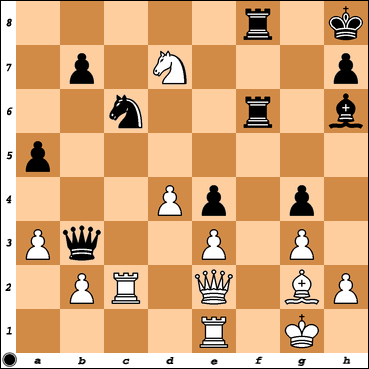
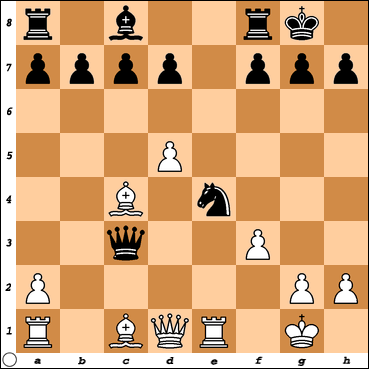
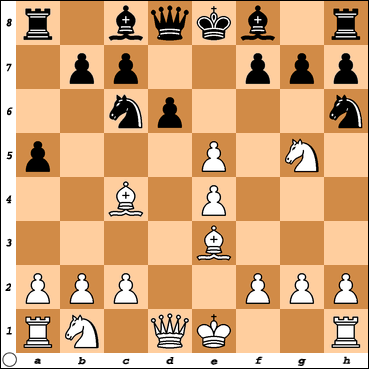
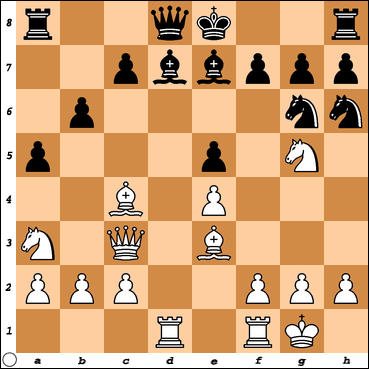
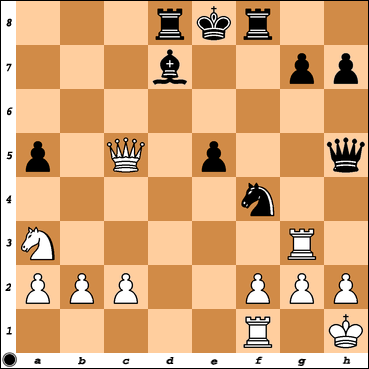
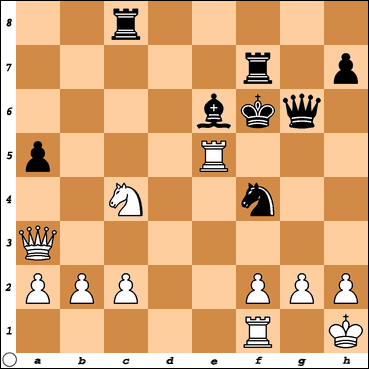


















.jpg)







